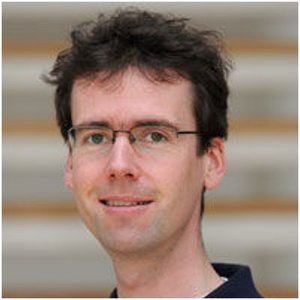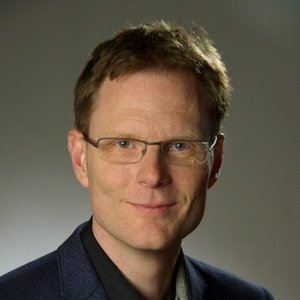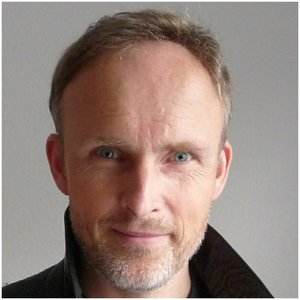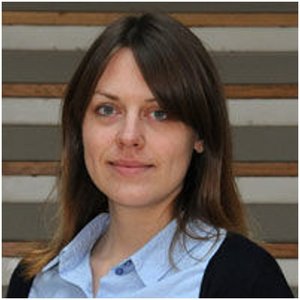May 11-13, 2023 in Witten, Germany
The first-person perspective has had a checkered fate in the development of modern psychology, philosophy, and cognitive science. While introspection was a widely used but neither fully established nor unchallenged method at the beginning of the 20th century, it was soon supplanted by behaviorism and analytic philosophy in favor of more "objective" approaches. One reason for the decline was the challenge to make introspective methods and results accessible for intersubjective review and confirmation. But even conventional methods indirectly draw upon introspection, both in empirical and theoretical contexts. It hence apparently cannot be fully eliminated in the study of human consciousness. However, in the last two decades the scope of introspective research was broadened by linking it with rigorous methods of intersubjective validation. More recently, there have been attempts to re-integrate the first-person perspective into the mind sciences. For that reason, the exploration of the phenomenal experiences of the subject now seems a more natural fit in the (psychological) toolbox; as a matter of fact, a whole spectrum of methods explicitly prioritizing the first-person perspective has emerged that have already proven their worth in a range of studies.
Against this background it seems legitimate to ask which directions the outlined development might take; what strengthens and differentiates the first-person perspective even further? And what potential may first-person approaches have for science and society-related issues in more general terms. As with many developments in science, an increasing diversity and even competition has arisen in the realm of first-person methods and their validation, which is sometimes challenging. To give an example, it is still an important research question as to how the temporal gap between first-person experiences and their (e.g., verbal) expression might be bridged. Is it legitimate to evocate (memorize or re-enact) former experiences or should, if possible, the process of verbalizing subjective experiences occur simultaneously? Moreover, a classification is required that documents the possibilities and limitations of the various sub-approaches. Also, from the outside perspective of mainstream research, an overview and classification of existing first-person methods would be desirable, so that they can be better incorporated into the standard repertoire of the consciousness sciences. Systematization may begin, for example, with an examination of the extent to which first-person methods can contribute to ideographic or nomothetic research approaches. Should they aim primarily at exhaustively fine-grained representations of individual lived experience, or should they also serve to discover and substantiate universal structures and general laws? This leads to the question whether and how first -person methods can best be integrated into mixed methods approaches, for example into data collection for triangulation, data analysis, and theory building. To what extent can first-person approaches be combined with established qualitative and quantitative approaches? And finally: Can we expect a realignment of the mind sciences and perhaps even an impact on science policy and other dimensions of social development from a stronger inclusion of first-person methods? One example concerns the exploration of free will. It has been argued by proponents of free will that its foundation and development depend on introspective access to one’s own mental states in concept formation, critical reflection, deliberation, and decision-making activities. One can ask then how a methodologically assisted access to such mental actions and their exploration might affect the course of social processes and science policy in its ethical foundation and critical justification itself.





